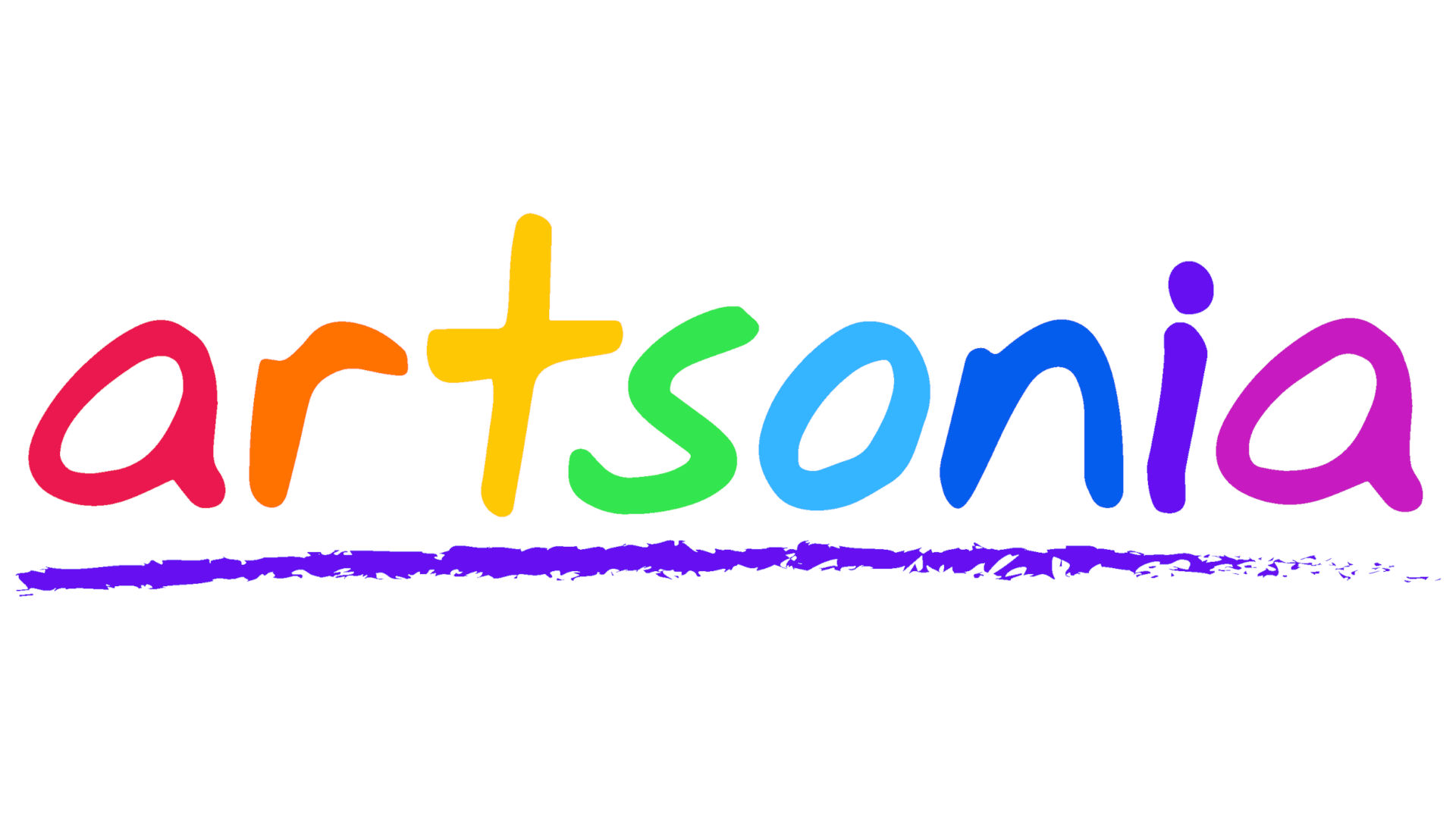Federal grant money available
Tools and ideas to transform education. Sign up below.
You are now subscribed
Your newsletter sign-up was successful
Schools struggling with student dropouts and discipline problems have an opportunity to tackle those issues with innovative programs funded by federal grant money, the Southern Poverty Law Center (SPLC) and the Dignity in Schools Campaign said recently.
In passing the federal stimulus last winter, Congress gave the U.S. Department of Education $4.35 billion to reward state efforts to close the achievement gap and meet the stimulus' goals. The final guidelines for the "Race to the Top Fund" note the department's particular interest in efforts aimed at improving school climate, as research shows that such efforts can improve academic achievement, school attendance and graduation rates.
The department has offered school-wide Positive Behavior Supports (PBS) as an example of a discipline approach that can be funded by a "Race to the Top" grant. The SPLC and the Dignity in Schools Campaign are urging states to take advantage of this opportunity to include PBS, as well as restorative practices and other proven approaches, in their grant applications. A fact sheet about "Race to the Top" grant guidelines is available at www.splcenter.org/school_climate.
The Department of Education's suggestion of using Race to the Top funds for school-wide PBS follows studies that have shown PBS can reduce discipline problems, improve school safety and support improved academic achievement. PBS efforts can also be funded through the federal stimulus' State Fiscal Stabilization Fund as well as Title I and IDEA Recovery Funds.
At a PBS school, good behavior is supported by everyone from the principal to the custodian. When misbehavior occurs, it is addressed in a smarter way than under zero-tolerance policies. More than 9,000 schools across the nation use PBS. More information about PBS can be found at www.pbis.org.
When the American Psychological Association (APA) reviewed popular zero-tolerance discipline policies in 2006, it found no evidence that suspension, expulsion or zero-tolerance policies resulted in improvements in student behavior or enhanced school safety.
A negative school climate also affects teachers. A 2005 national survey of teachers leaving the profession found that 44 percent of teachers and 39 percent of highly qualified teachers listed school discipline as their primary reason for leaving.
Tools and ideas to transform education. Sign up below.
In light of these dismal statistics, several educational, mental health and civil rights groups urged the Department of Education to include funding for approaches to improve school climate in the Race to the Top program.
The groups included the American Psychological Association, the National Association of School Psychologists, the Dignity in Schools Campaign, the Children's Defense Fund, the Council for Children with Behavioral Disorders, the NAACP Legal Defense and Educational Fund, the American Civil Liberties Union and the Southern Poverty Law Center.
For information on the Dignity in Schools Campaign, visit www.dignityinschools.org.
